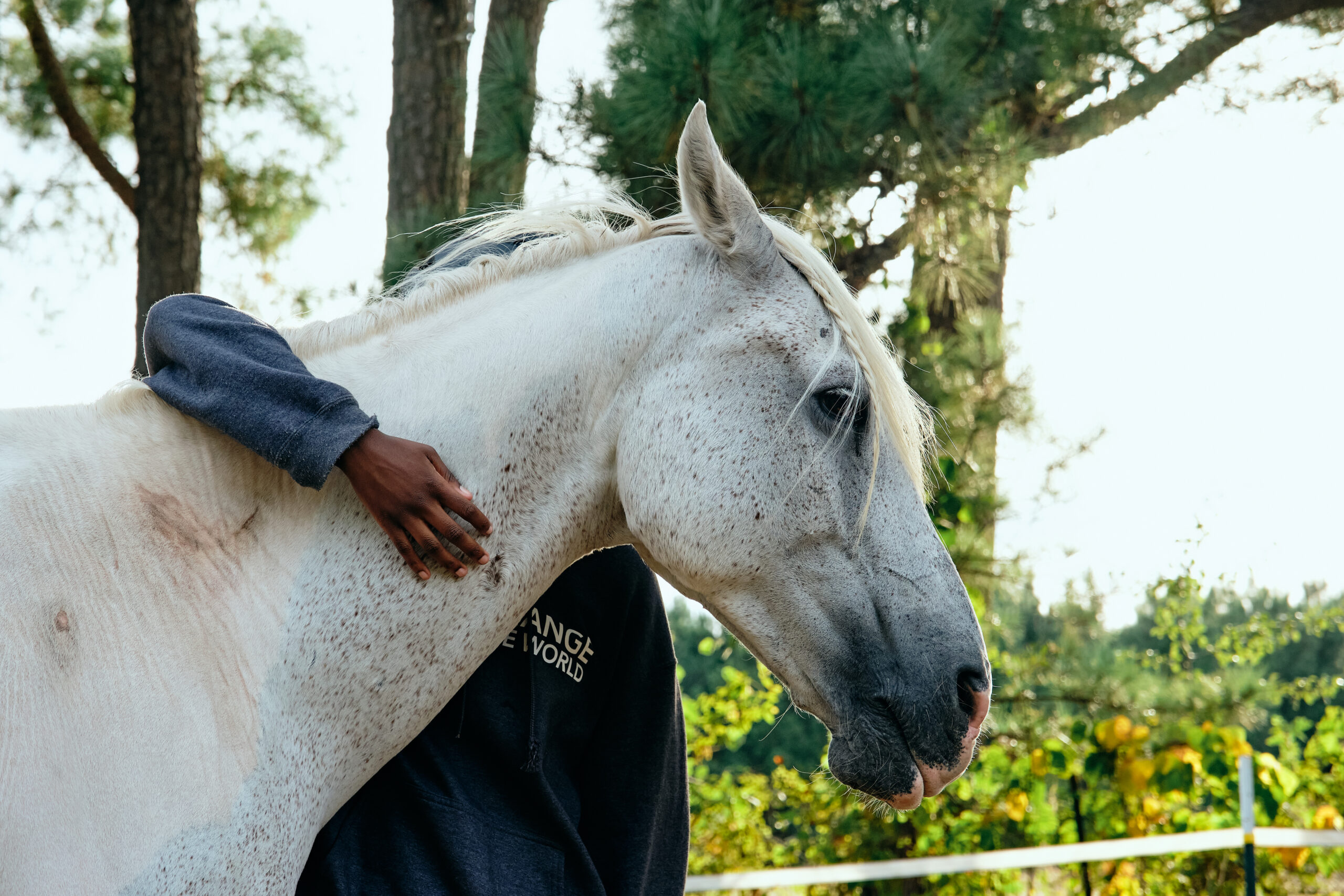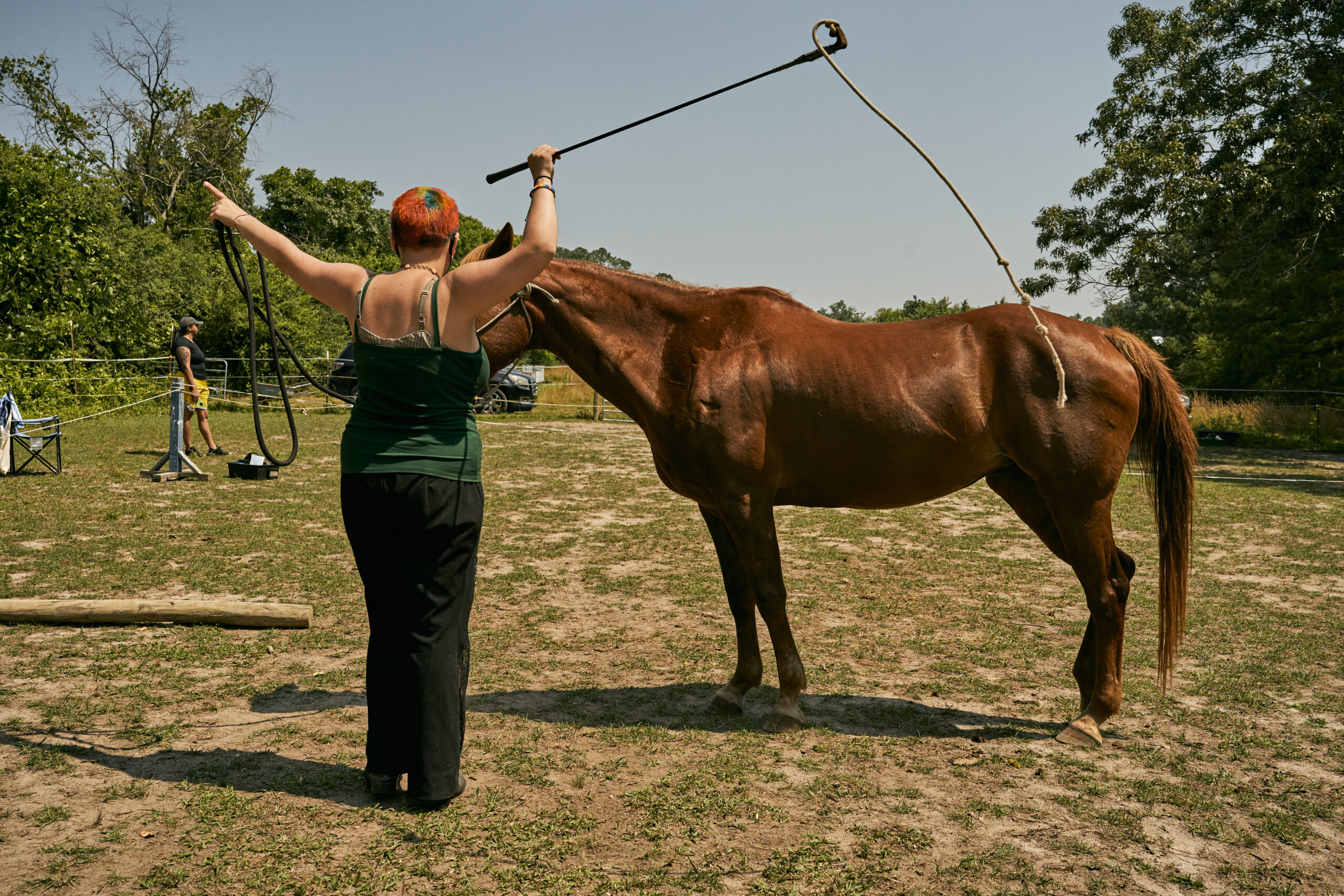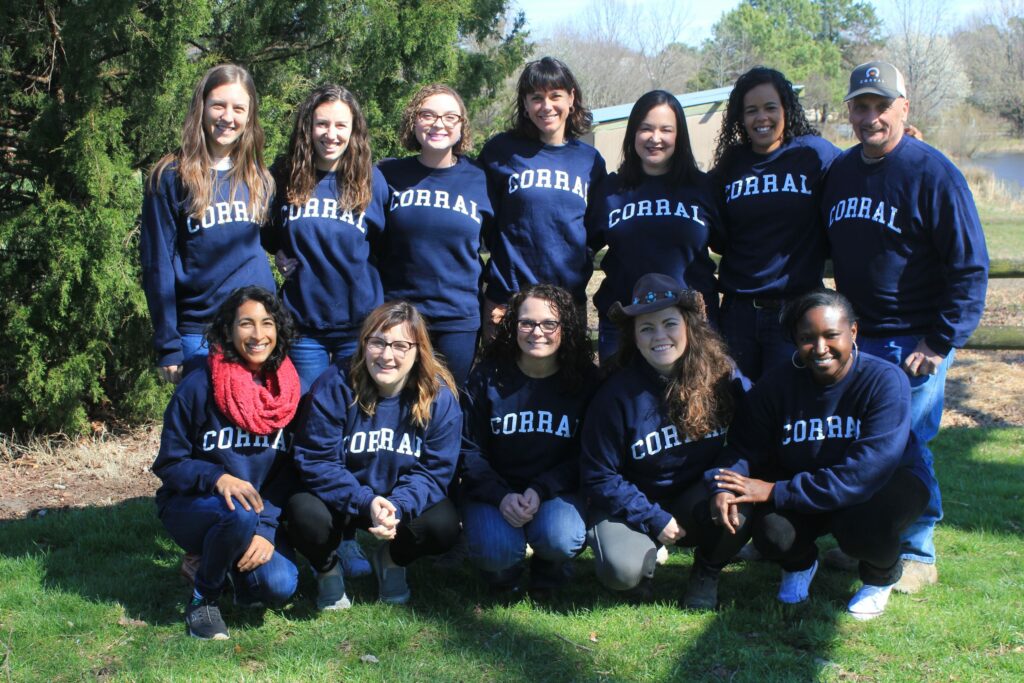
I have been following the Brent Kavanaugh hearing with great interest. I watch these proceedings not so much because I feel I have a solid opinion in the matter. Rather, I follow the process because I find the discourse around the hearings to be so insightful.
There are many who may argue that the entire undercurrent of this process is Roe v. Wade and thus it brings up a lot of our country’s “stuff”. We are, after all, a nation that becomes emotional and passionate about Roe v. Wade. As we say in my office, this process is dragging out a lot of emotional bile or baggage. But regardless of the descriptors — stuff, undercurrent or baggage — the feelings are BIG
For me, more glaringly, I have noticed the absence of one phrase in this emotional dialogue. The importance of “I’m sorry” — such a simple and profound phrase — is missing. This is what’s BIG for me.
As I learned of Deborah Ramirez’s allegation of sexual misconduct against Kavanaugh from their time together at Yale in the ’80s, I thought of my high school and college experiences. There were young men around me who also “exposed [themselves] at drunken” parties and “thrust [their] penis” at someone. And here’s the thing. I remember every time this happened and, even worse, I remember everyone laughing (likely including me) while this behavior was happening.

Many of us watching this process involving Judge Kavanaugh grew up in a time when drunken parties were the norm. These kinds of events were so “everyday” and so “ordinary”. This was how we socialized. The fact that I laughed at these kinds of behaviors indicates that I normalized male aggression. At the same time, these words — this term — didn’t even exist. But that’s not the point of this piece.
I hope for my daughter and her generation that the #metoo movement is working to address social norms such that no man needs to whip out his penis to get a laugh, get attention or dominate in social interactions. At the same time for my daughter and her peers, I hope to heck no woman needs to whip out her breasts to do the same.
But first, we need to remember that we are examining Judge Kavanaugh’s behaviors through the current #metoo lense and not those terribly hazy glasses that many of us were wearing in the 80s and 90s (I think they call them “beer goggles,” right?). And now, Judge Kavanaugh must take one of the most important steps a leader must take, every day: Judge Kavanaugh must say “I’m sorry”.
It could be a simple admission like “yes, I was a party boy who did not know how to treat women properly back then.” Or, “I drank and made what were poor decisions. I scared people and I hurt them.” And he needs to follow that with a direct, sincere apology to those that he hurt in the path of his inebriated high-school/college days (or beyond). This would go a really, really long way to change the current dialogue (which of course assumes that the allegations are true — a topic on which I have views, but this is not the subject of my current piece).

This is my point. As leaders — and I include myself here — who participate in the democratic process, the most important thing we can do is set the example of what is right. Our communities — and in the case of Judge Kavanaugh our nation and the world — look to us to set and be the example of what is right, what is good and what should be emulated. We leaders must recognize our shortcoming and our offenses, and strive to do better. We must say “I am sorry” directly to those we’ve wronged during our ascension to leadership and must continue to do so even after we arrive at the summit.
Today, Judge Kavanaugh’s accusers are probably pretty hurt that he may ascend to one of the most powerful roles in our country. These accusers are probably angered that the electorate/senate might not hold him accountable for the wrongs he did on the way to his ascension to power. If I were in these women’s shoes, I would be hurt. How different would the dialogue be if the hearings allowed both Ms. Ford’s and Ms. Ramirez’s voices to be heard while also hearing an admission from one of the highest offices that this kind of behavior is wrong.
Just as I don’t want anyone to judge me on some of my behaviors 20 years ago, I don’t necessarily want to evaluate someone on their behavior as a reckless, carefree young person. Honestly, I am so grateful that no one evaluates my fitness to hold a leadership role today based on the behaviors of my teens and twenties; it’s possible I wouldn’t pass that test. However with that being said, I also don’t want to bring into the highest court in our land an individual who doesn’t have the strength, honesty and humility to apologize for his mistakes.

As leaders, everyday we walk a tightrope. Daily we strive to inspire and to find the right path to serve and inspire the people we lead. Sometimes we fall off one side of that tightrope, or the other. But because of our nature — and personality — as leaders, we make many more mistakes than many others, simply because we are up there taking those risks on that tightrope. But every single one of us — including me first and foremost — must remember that “I’m sorry” may be the most important words we utter throughout our days. Moreover, we leaders must remember that we will never be true leaders until we admit our offenses and apologize to those we have wronged on our path to leadership.





